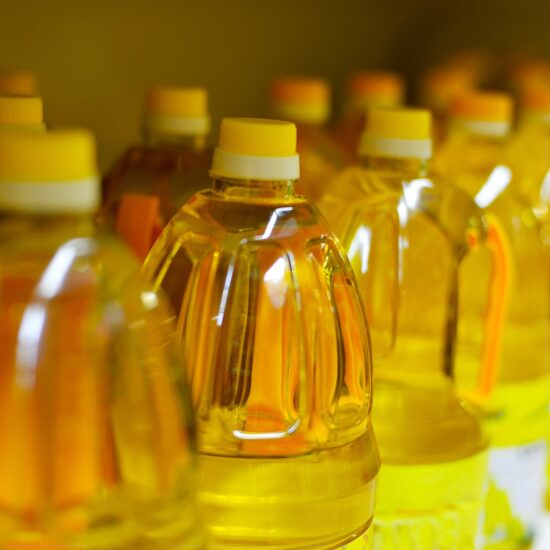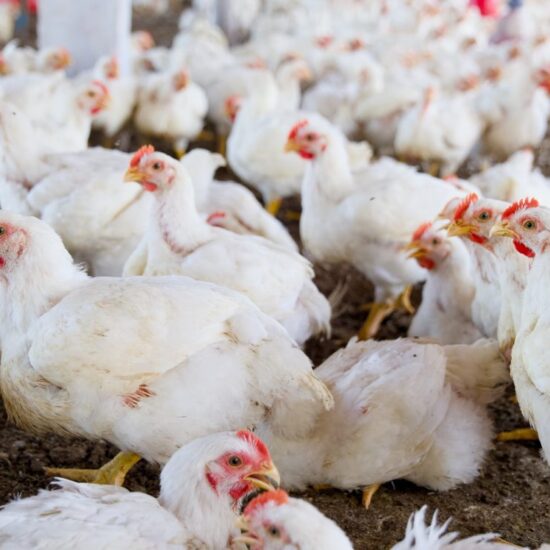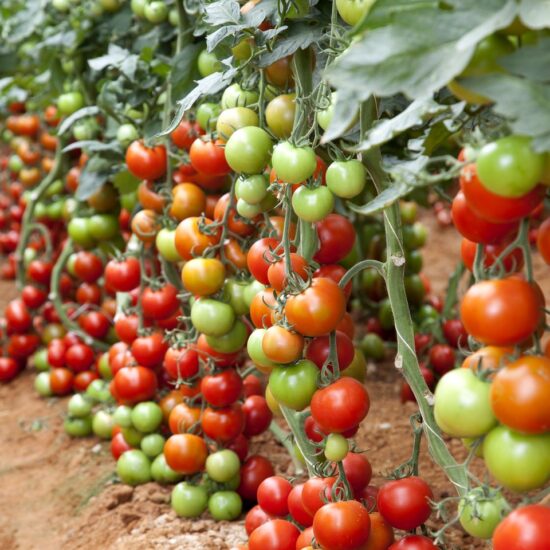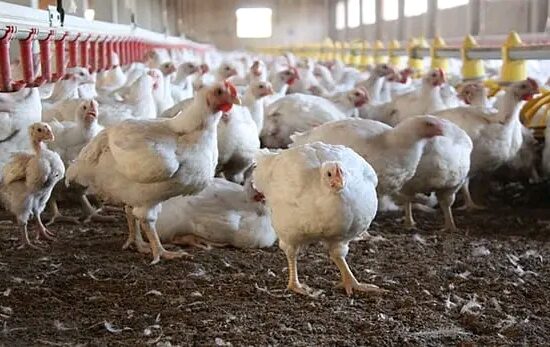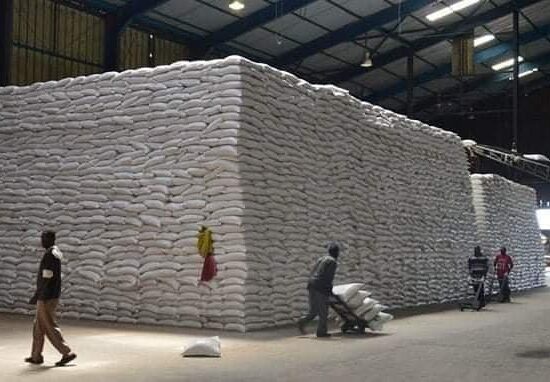The Food Reserve Agency (FRA) has fixed its maize purchasing price for the 2023 Grain Marketing season at K280 per 50kg bag of white maize which translates to K100 increment from last year’s K180 for the commodity.
FRA however exclusively told the Zambian Business Times – ZBT that it will not purchase soya beans because there is more than enough in the stock but could not state how much is in stock.
And Speaking during the announcing of the buying price for Maize, and Paddy rice, Board Chairperson Kelvin Hambwezya said that the agency targets expects to purchase maize to meet the minimum statutory strategic grain reserve threshold of 500, 000 mt and 1,000 mt of paddy rice.
“You may be aware that the agency had a carryover stock of 652,000 metric tonnes of grade a white maize at the beginning of 2023 and over 400,000 metric tonnes has since been sold to local millers. The agency has 248,772.35 metric tonnes of maize in the national strategic food reserve.” He added.
He said that in arriving at the determined prices for 2023, the agency acknowledged the urgent need to replenish the strategic grain reserves from a dynamic grain market obtaining locally and in the region.
He said the agency has endeavoured among other things to analyse the cost of production for the designated crops indicated above and therefore, prices announced are reflective of the cost of production and specific to what the agency will be offering.
He also stated that other players in the sector are urged to buy these crops as the prices announced are not floor prices but rather FRA prices under the principle of willing seller and willing buyer.
Hambwezya said the agency during the 2023 crop marketing season will make an early entry into the market to ensure that the national strategic food reserves are adequately replenished and farmers are protected from uncompetitive prices.
“As we start this year’s crop marketing season, i wish to start by urging farmers to ensure that they stock a variety of agricultural foodstuff for their domestic consumption. What should be offered for sell to FRA and other players on the market is their excess produce only. This is because national food security begins at household level and ultimately results into national food security. In this regard, we make a strong plea to farmers to secure food for long term domestic consumption and only sell what is excess.”
Hambwezya added that during this year’s crop marketing season, the agency will operate a total of 1,200 satellite depots to provide market access to small scale farmers. “This employment opportunity will result in the engagement of 4,800 seasonal buyers and security guards drawn from the local communities who are mainly youths and women and over 10,000 jobs for various activities associated to the agency’s area of operation.”



